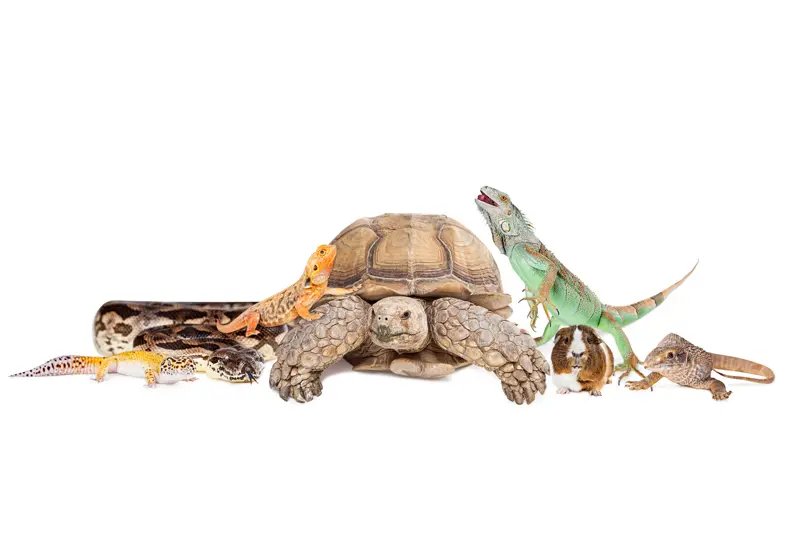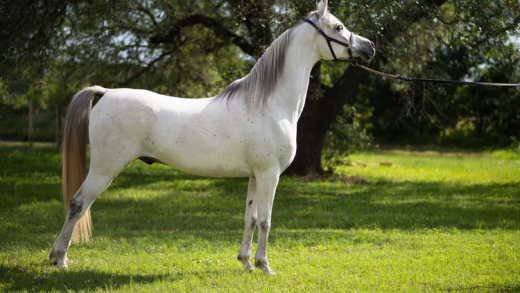Reptiles are becoming more and more common as exotic pets including turtles, lizards, and snakes. They do, however, present particular health issues that call for specialist care. Maintaining the health of reptiles depends on knowing what typical health problems they face and how to avoid them. This article examines common health issues that exotic pets reptiles face and provides doable preventative measures.

Table of Contents
Metabolic Bone Disease (MBD)
Causes and Symptoms
A calcium, phosphorus, and vitamin D3 imbalance is the root cause of metabolic bone disease, a prevalent ailment in reptiles, especially lizards and turtles. It frequently stems from poor food, insufficient UVB lighting, or inappropriate husbandry. Lethargy, swelling limbs, soft or malformed bones, and trouble moving are some of the symptoms.
Prevention
Appropriate UVB Lighting: To promote the synthesis of vitamin D3, make sure your reptile has access to UVB light for ten to twelve hours per day. A balanced meal that is suitable for the species and high in calcium should be given. When necessary take supplements of calcium and vitamin D3.
Frequent Monitoring: To preserve the UVB bulbs’ efficacy check them frequently and replace them in accordance with the manufacturer’s instructions.

Respiratory Infections of Exotic Pets (Reptiles)
Causes and Symptoms
Fungal, bacterial, or viral infections can result in respiratory infections in reptiles. These diseases are frequently associated with unfavourable environmental factors including excessive humidity and low temperatures. Lethargy, nasal discharge, open-mouth breathing, and wheezing are among the symptoms.
Prevention
The ideal environment should have the right amounts of humidity and temperature for the species of your reptile.
Clean Habitat: To lower the danger of infection, clean and disinfect the enclosure on a regular basis.
Isolation: To stop the transmission of contagious diseases, quarantine new reptiles before bringing them home with current pets.
Parasites

Causes and Symptoms
Reptiles can be impacted by internal (worms) and exterior (mites) parasites. Weight loss, fatigue, irregular faeces, and skin-visible parasites are among the symptoms.
Prevention
Frequent Veterinary Exams: Make an appointment for routine facial examinations and parasite screens with a veterinarian who is knowledgeable about reptiles.
Clean Habitat: To avoid parasite invasion, keep the enclosure clean and sanitize it frequently.
Healthy Diet: Ensure a nutritious diet to boost the reptile’s immune system, making it less susceptible to parasites.
Rotting Shells
Causes and Symptoms
Turtles and tortoises are susceptible to bacterial or fungal infections that cause shell rot. Poor husbandry practices, such as using contaminated water or injuring the shell, may be the cause. Soft patches, discolouration, an unpleasant stench, and ulcers on the shell are among the symptoms.
Prevention
Clean Water: Use a decent filtration system and replace the enclosure’s water on a regular basis to keep it clean.
Appropriate Housing: Make sure there are no sharp objects in the habitat that could cut the shell.
Frequent Inspections: Keep an eye out for any indications of damage or infection on your turtle’s shell and take quick action if necessary.

Dehydration
Causes and Symptoms
Reptiles may get dehydrated as a result of diseases, insufficient water consumption, or incorrect humidity levels. Sunken eyes, dry skin, fatigue, and appetite loss are some of the symptoms.
Prevention
Sufficient Hydration: To ensure proper humidity levels, keep the cage misted as needed and have a steady supply of clean, fresh water available.
Appropriate Diet: Give meals high in moisture, especially to herbivorous reptiles.
Environmental Monitoring: To guarantee ideal circumstances, periodically check and modify the temperature and humidity inside the enclosure.
Conclusion
Providing appropriate care to your exotic pet such as ideal environmental conditions, a balanced diet, and routine veterinary examinations, is essential to preventing health problems in reptiles. You can guarantee your exotic pet reptile has a long and healthy life by being aware of the most prevalent health issues and taking preventive action. Recall that maintaining a exotic pet responsibly involves ongoing knowledge and making adjustments to suit your exotic pet’s unique requirements.
People also search for: Common Dog Health Issues and Their Preventive Measures Every Dog Owners Should Know (2024)
















